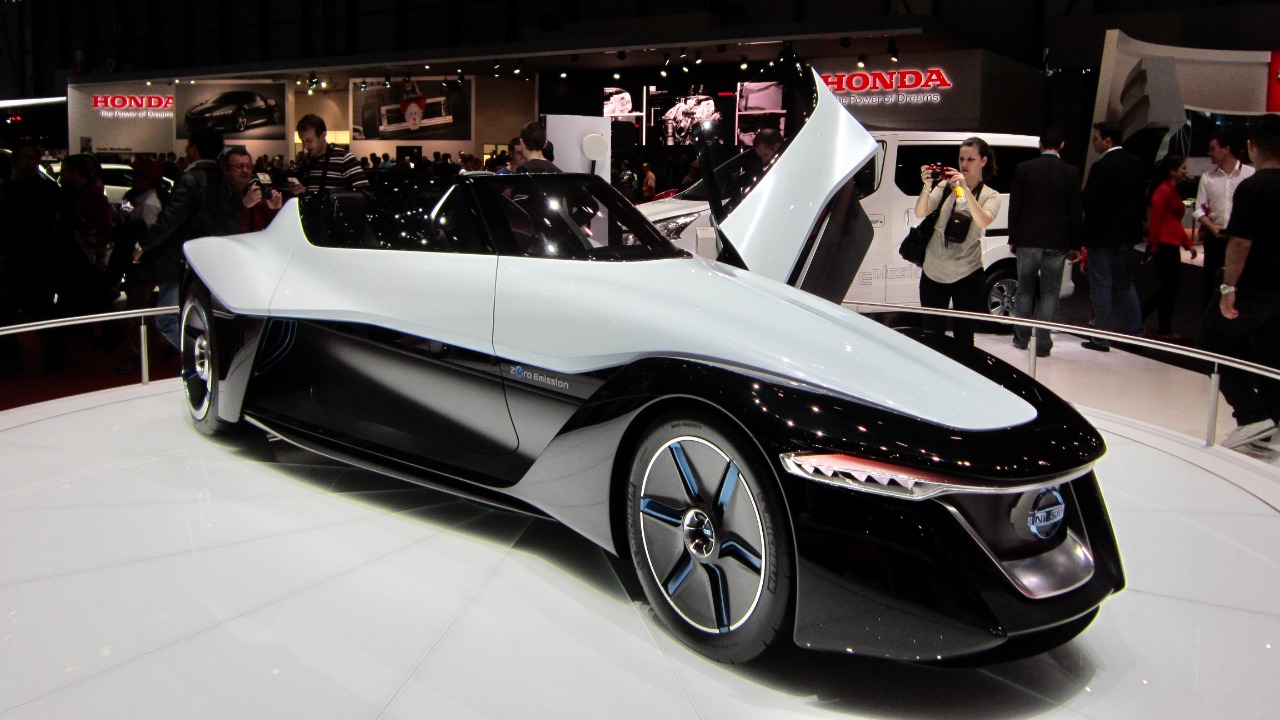
Nissan is making significant strides in solid-state battery technology, aiming to double the range of electric vehicles (EVs) and enable faster charging times. This development, a result of Nissan’s relentless research, is set to revolutionize the EV market by extending driving distances without frequent stops. The company plans to mass-produce this innovative battery as early as 2028, potentially transforming consumer adoption of electric cars.
Nissan’s Push into Solid-State Batteries
Nissan’s journey towards this groundbreaking technology is rooted in its historical investments in battery research and development. The company has engaged in numerous partnerships and prototypes that have paved the way for advancements in solid-state technology. The core technology behind the new battery involves replacing liquid electrolytes with solid-state designs, thereby improving energy density and safety. This shift is a significant leap forward in overcoming current EV limitations like limited range, and Nissan is confident in its potential to rise through this technology.
Potential for Doubling EV Range
The new battery is touted to achieve up to double the range of existing EV models. This is largely due to specific improvements in energy density, which could extend typical EV driving distances from 300 miles to 600 miles on a single charge. Such an increase in range would be a game-changer for the EV market, making electric cars a more viable option for long-distance travel. Projections from Nissan’s development timeline indicate the feasibility of this technology for consumer vehicles.
Enhancements in Charging Speed
Aside from extending range, the solid-state battery also promises faster charging times. The improved ion conductivity of the solid-state design enables quicker energy transfer without the risk of overheating. This could potentially reduce full-charge times from hours to under 30 minutes, a significant improvement over current EV charging times. Nissan’s testing data indicates that the new battery is compatible with existing charging infrastructure, further enhancing its practicality.
Timeline for Mass Production
Nissan has set a target to mass-produce the solid-state battery by 2028. This ambitious timeline includes key milestones in prototyping and validation. However, there are scalability challenges to be addressed, such as material sourcing and manufacturing adaptations needed for widespread rollout. The company’s 2025 announcements are pivotal steps towards the commercialization of this technology.
Market Impact on Electric Vehicles
The potential doubling of EV range could significantly boost EV adoption by alleviating range anxiety for long-distance drivers. This development positions Nissan competitively against rivals like Tesla and Toyota in the race for solid-state battery technology. Furthermore, the broader industry could experience ripple effects, including potential price reductions for EVs as battery costs drop.
Challenges and Future Outlook
Despite the promising prospects, Nissan faces hurdles such as high production costs and regulatory approvals that must be navigated before the 2028 deployment. However, experts are optimistic about Nissan’s progress, emphasizing the technology’s role in promoting sustainable mobility. In the long term, the successful deployment of this technology could lead to reduced reliance on fossil fuels through more efficient EV fleets.
More from MorningOverview